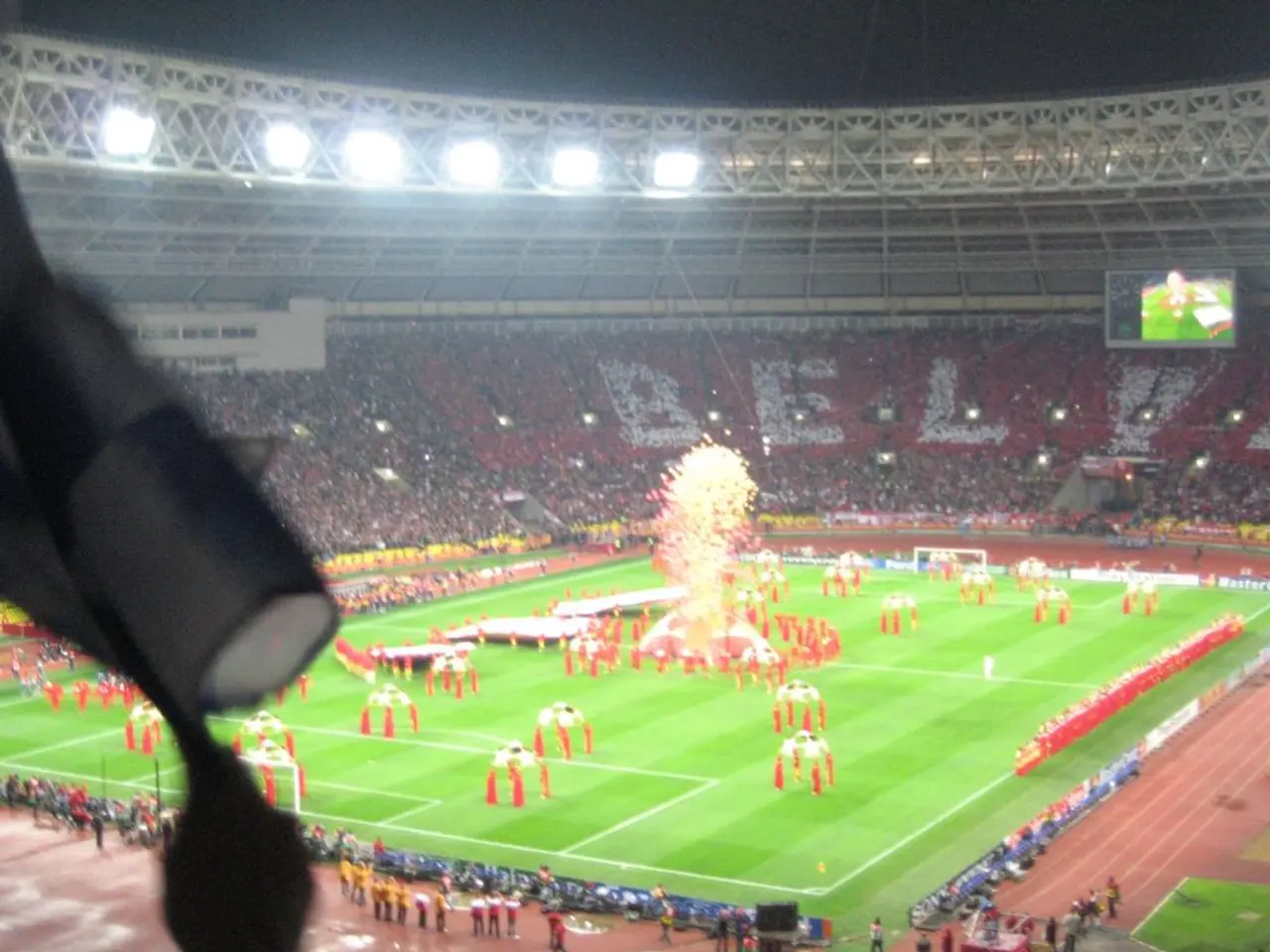China expresses to the EU its stance that it cannot support Russia's defeat in the war against Ukraine, according to an official statement.
In a recent development, Chinese Foreign Minister Wang Yi reportedly told EU foreign affairs chief Kaja Kallas that Beijing cannot accept Russia losing its war against Ukraine, according to a meeting admission later reported by the South China Morning Post. This statement, however, contradicts China's public position of neutrality in the conflict.
The relationship between China and Russia has been strengthening in the weeks leading up to Russia's invasion of Ukraine. Economic and political ties have deepened, with China providing access to advanced technologies in exchange for Russian military expertise and technology. However, China has consistently denied providing lethal military aid to either party in the conflict.
There is evidence suggesting Chinese components, primarily electronics and drone parts, have been integrated into Russian military equipment used in Ukraine. Ukrainian authorities, including the Security Service of Ukraine (SBU), have identified Chinese-made components such as launch mounts for drones in Iranian Shahed drones used by Russian forces. Reports also indicate that up to 80% of the electronics in Russian drones are sourced from China.
U.S. officials have cited intercepted Russian intelligence suggesting that Russia believed China had approved sending "lethal aid" disguised as civilian items. However, U.S. officials have not publicly confirmed evidence of such transfers. Chinese and Russian military leaders have pledged to continue close cooperation on defense, but Chinese spokespeople continue to deny direct military support to either side.
China's position on the Ukraine crisis is for negotiation, ceasefire, and peace. Mao Ning, a spokeswoman for the Chinese Ministry of Foreign Affairs, re-affirmed this long-standing position during a regular briefing. A prolonged Ukraine crisis serves no one's interests, according to Mao Ning.
Ukraine has sanctioned several Chinese companies for providing drone components and technology for use in missile production. The Chinese Consulate General's building in Odesa, Ukraine, suffered minor damage as a result of Russian strikes on the city.
The stakes are high for China, as losing Russia as a major partner is a potential risk. Beijing has declared itself as a possible peacemaker in the Ukraine crisis, but the statement suggesting that Beijing might prefer a protracted war in Ukraine that keeps the United States from focusing on its rivalry with China has raised eyebrows.
In conclusion, while there is considerable evidence that Chinese components have been integrated into Russian military equipment used in Ukraine, China denies providing lethal military aid or direct battlefield support. Official U.S. and Ukrainian claims of Chinese military support are largely based on circumstantial evidence and intelligence, not publicly verifiable proof of lethal aid. China's role in the Ukraine conflict remains a complex and nuanced issue.
- China's stance on the ongoing war-and-conflicts in Ukraine remains complex, with Mao Ning, a spokeswoman for the Chinese Ministry of Foreign Affairs, reaffirming China's policy-and-legislation of promoting negotiation, ceasefire, and peace.
- Despite the growing economic and political ties between China and Russia, intricate details about world politics suggest that there are questions about China's involvement in the general-news of the Ukraine crisis, particularly concerning the possibility of Chinese lethal military aid and direct military support.
- As Europe and the world closely watch the developments in the Ukraine war, the relationship between China and Russia seems to be playing a crucial role beyond economic and political ties, potentially impacting the dynamics of war-and-conflicts and policy-and-legislation on a global scale.








